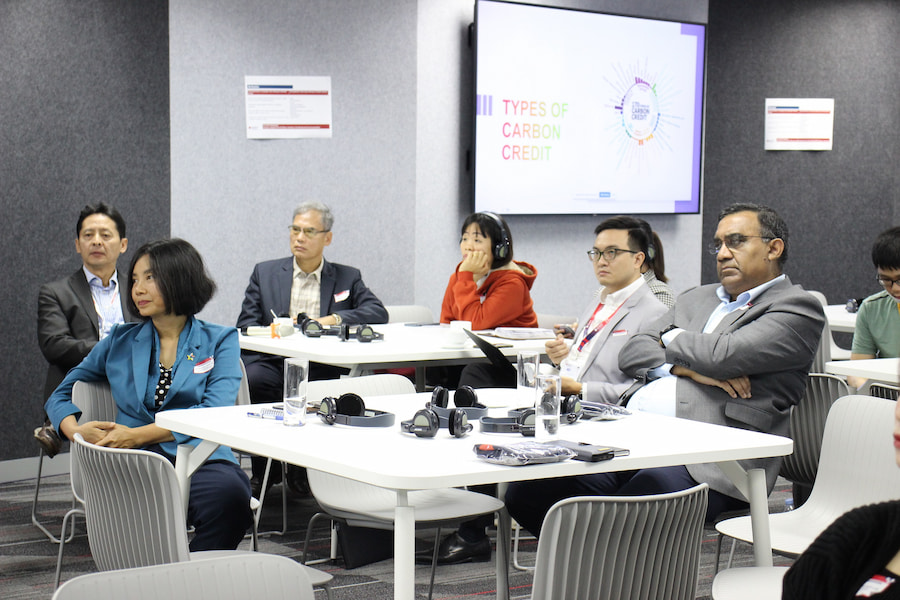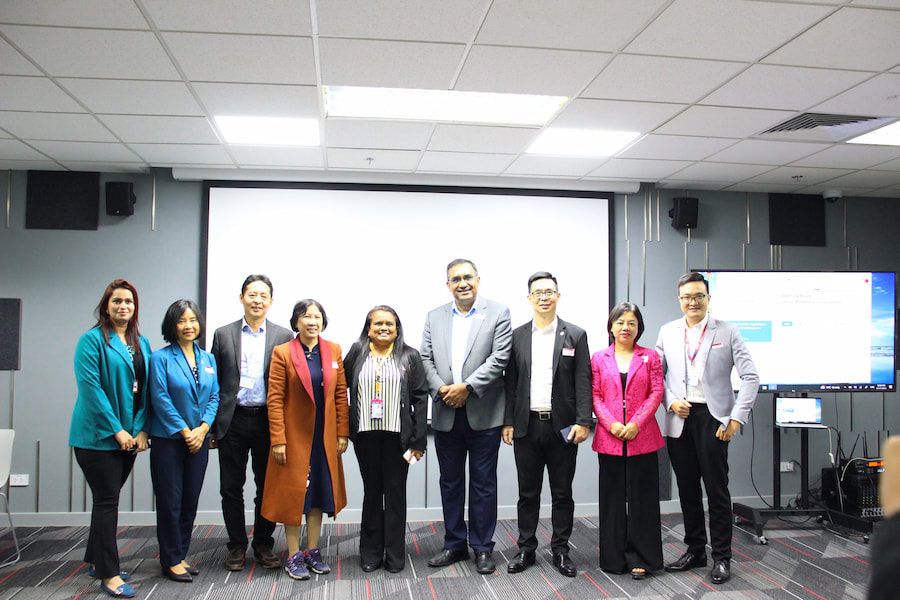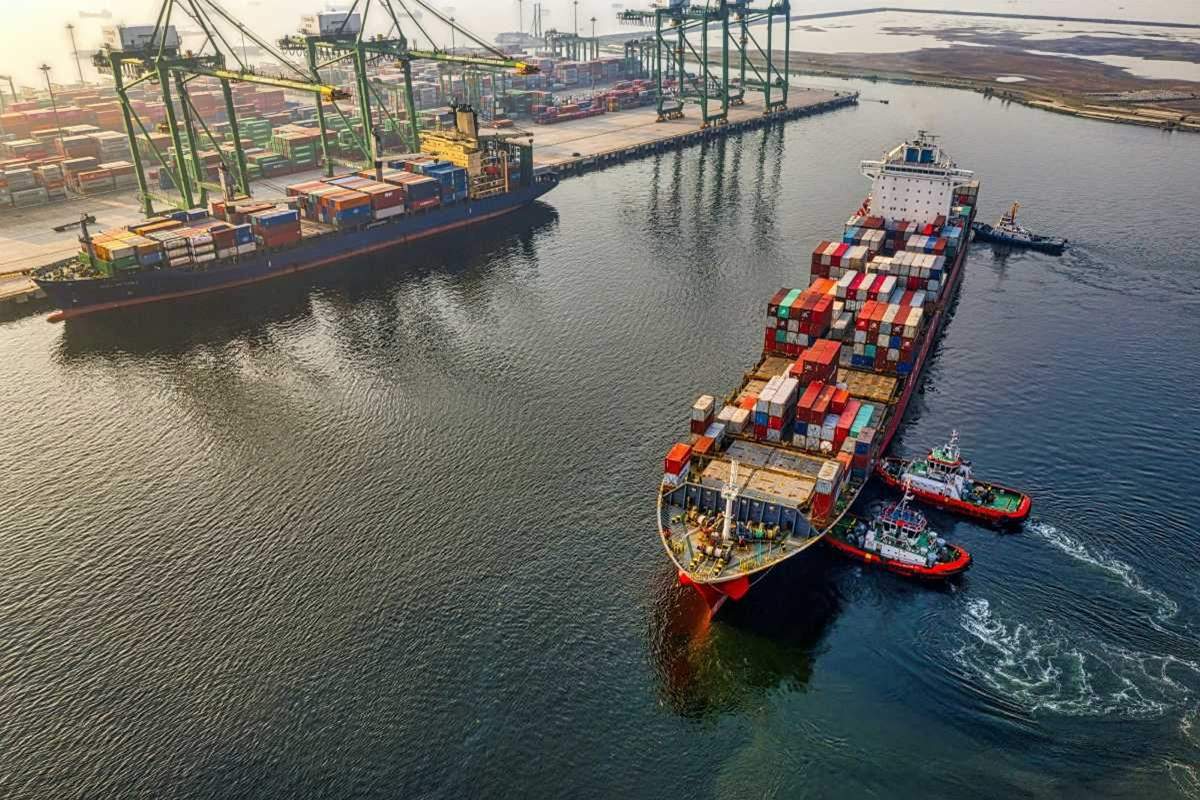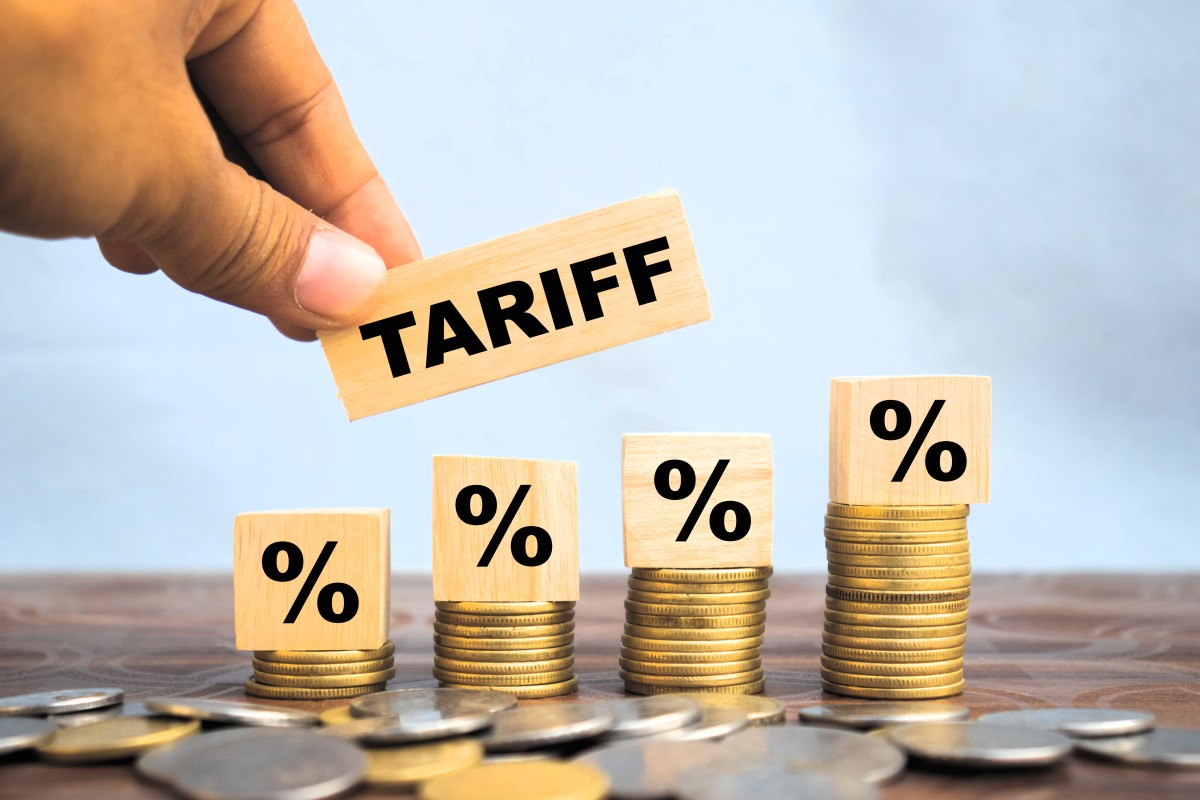Mr Nguyen Viet Dung, Country Chief Executive of Bureau Veritas Vietnam, a world leader in testing, inspection, and certification, said the certification process provides opportunities for learning from the best practices of supply chain partners and adapting to higher international standards. This can enhance and promote the brands of Vietnamese agricultural products.
He re-emphasised the role of supply chain leaders in motivating farmers and food processing companies in adapting to global certification, citing the success of the carbon neutral project implemented in Vinamilk's dairy farms. The company’s farm in Nghe An is the first of its kind to receive a PAS 2060 carbon neutral certification.
Recent research published in the Journal of Supply Chain Management and Business Strategy and the Environment by RMIT University researchers Dr Nguyen Manh Hung, Professor Robert McClelland, Professor Mathews Nkhoma, Associate Professor Pham Cong Hiep, and their partners in Ireland and the UK, surveyed 437 manufacturers in seven countries. It indicates that exporting led to a proactive approach in handling customers’ green pressures and better sustainable measures. These findings highlight a practical approach for local firms to be exposed to more challenging markets and learn new standards, processes, and schemes.
Dr Nguyen Manh Hung, Senior Program Manager for Logistics and Supply Chain Management at RMIT Vietnam said, “When all companies strive to compete on costs, quality, and delivery, being green can help a company win sales orders and achieve a competitive advantage in the marketplace.
“Meeting environmental regulations and satisfying higher sustainable requirements are essential in business strategy development and an appropriate thing to do since they are often not a choice but are imposed by the realities of a circular economy.”
Masthead image: Bigc Studio - stock.adobe.com | Thumbnail image: Pormezz - stock.adobe.com






